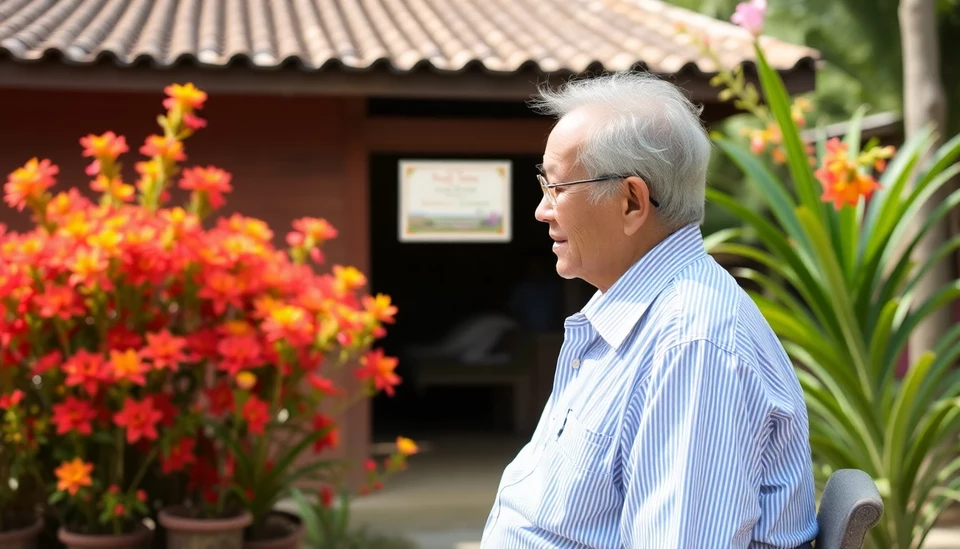
In a significant policy shift, the Thai government has revealed its intention to raise the official retirement age from 60 to 65 years. This measure, which aims to address the challenges posed by an aging population and a dwindling workforce, has been reported by the Bangkok Post and is set to come into effect by 2026.
The decision comes in light of the increasing life expectancy in Thailand and the economic implications of a shrinking labor force. According to recent statistics, Thais are living longer, with average life expectancy surpassing 77 years. This demographic change has raised concerns about the sustainability of the pension system and the ability to support elderly citizens.
Prime Minister Srettha Thavisin emphasized that the government is committed to reforming various sectors, suggesting that this adjustment in the retirement age is a critical step towards ensuring economic stability and security for the future. The shift is part of a broader plan that includes improvements in social protection schemes and job opportunities for older adults.
Although the increase in retirement age is seen as a necessity, it is not without its controversies. Labor groups and various stakeholders have expressed concerns that this change may disproportionately affect manual laborers and those in physically demanding jobs who may struggle to continue working into their mid-60s. The government plans to engage in discussions with labor unions and other concerned parties to address these issues and ensure that the transition is as smooth as possible.
As Thailand prepares for this transition, there are indications that the government will introduce supportive measures aimed at facilitating the employment of older workers. Programs may include retraining initiatives, workplace adaptations, and incentives for companies that hire seniors.
This policy development reflects a growing trend among Asian nations grappling with similar demographic challenges. Many countries are reconsidering their retirement policies to adapt to changing economic conditions and demographic realities. As Thailand moves forward with this initiative, it will be interesting to observe the outcomes and the potential influence on other nations facing similar issues.
As the discussions progress, public sentiment remains a vital factor in shaping the policy's implementation. The government has urged citizens to view the change not just as a mandate but as an opportunity for the older workforce to contribute further to society while also enjoying improved financial security in their later years.
In conclusion, Thailand's decision to extend the retirement age signifies a proactive approach to addressing the challenges posed by demographic shifts. With continued dialogue and inclusive strategies, the government seeks to create a sustainable working environment that respects the contributions of all age groups.
#retirement #age #Thailand #aging #population #labor #policy #economic #stability #workforce #retraining #programs
Author: Laura Mitchell




